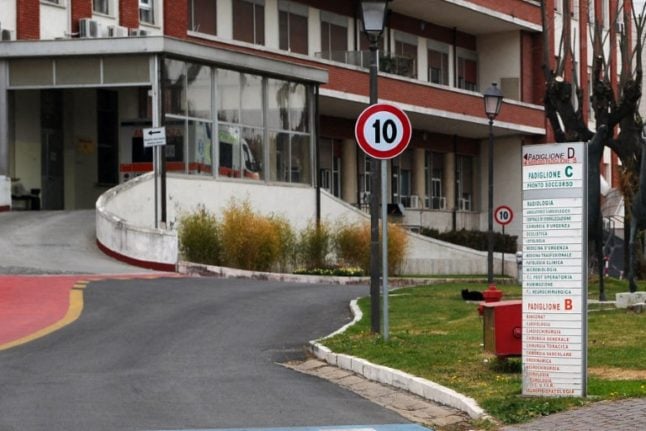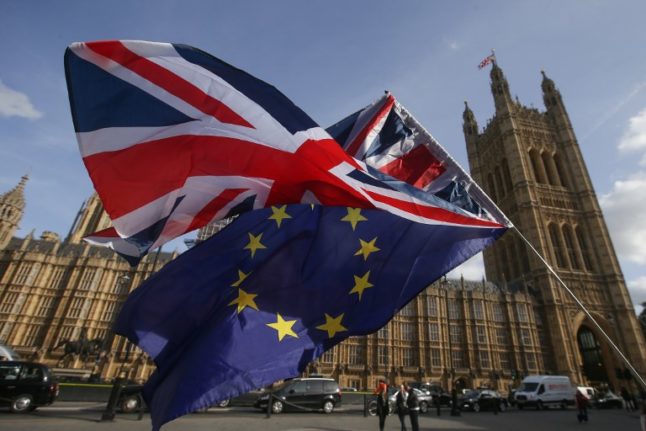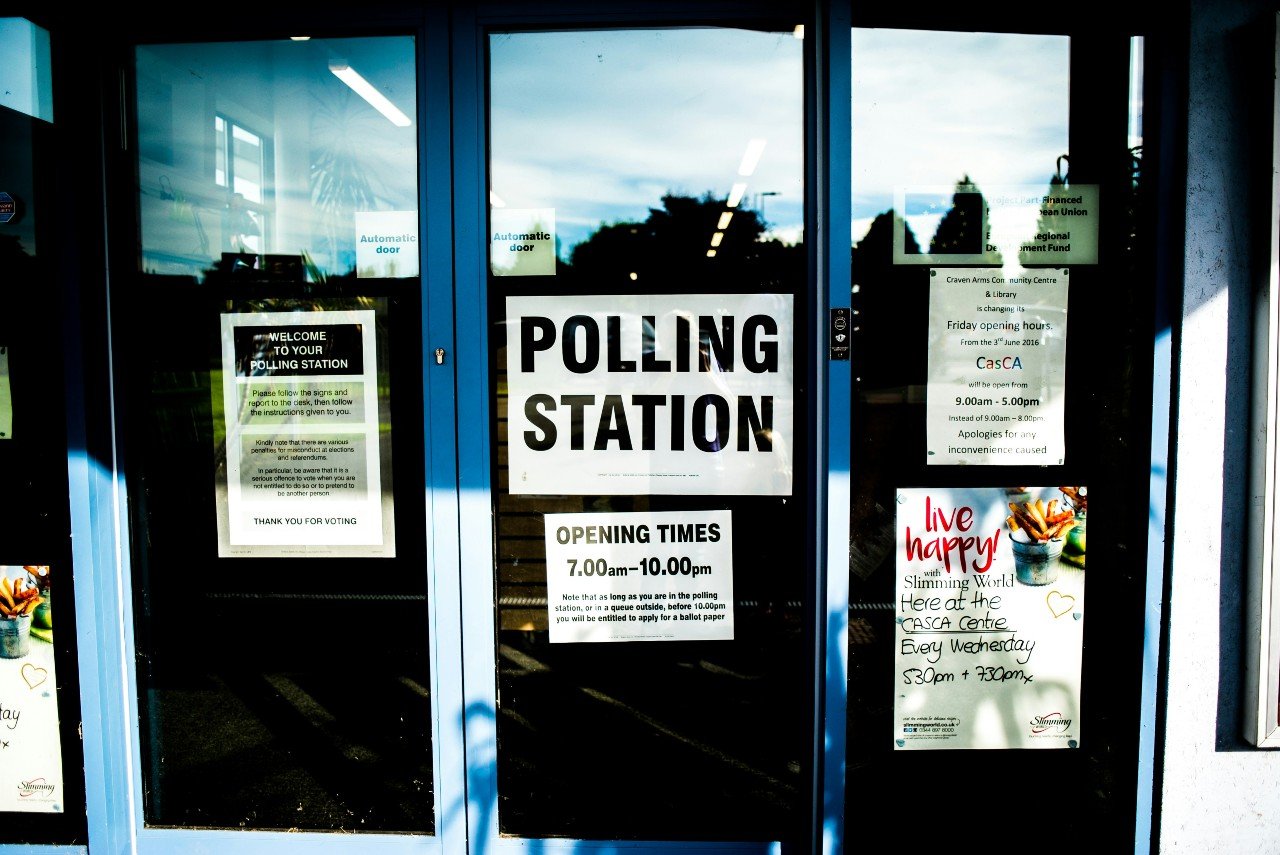Cancer patients are among those in need of treatment but unable to access the Italian national health service amid confusion over post-Brexit rules, campaigners say, after clarifications from the UK and Italian governments have so far failed to resolve bureaucratic deadlocks at local authority level.
Since the end of the Brexit transition period in 2021, many British nationals resident in Italy covered by the Withdrawal Agreement (WA) have reported difficulties in proving their right to free healthcare under the Italian public system.
The problem was exacerbated this year after the Italian government in January hiked the minimum annual fee for ‘voluntary’ healthcare registration from €387 to €2,000, which many said they were unable to pay.
The British government in February stepped in to clarify that UK nationals covered by the WA should not be subject to charges for healthcare, and on its Living in Italy website it advised those affected to show their local health authority office (Azienda Sanitaria Locale, or ASL) an official note published by the Italian health ministry on February 15th which sets out their rights (find it here, in Italian.)
WA beneficiaries “can compulsorily enrol (iscrizione obbligatoria) with the Italian National Health System,” states the final section, pointing out that the deal, “in Article 23, provides for equal treatment with domestic nationals.”
But for some local health officials, even this written confirmation does not appear to be enough to clear up the confusion.
READ ALSO: ‘Life or death situation’: Brits facing high Italian healthcare costs amid rule change uncertainty
The UK government on Friday, May 17th, updated its guidance to say it had become aware that “some beneficiaries of the Withdrawal Agreement are facing significant problems accessing health services and renewing their healthcare cards,” despite its advice to show local health authorities the official note.
British nationals continue to report that local health authorities around Italy remain unwilling to issue them with a health card, while campaigners say the situation is further complicated for some by the fact that Italian authorities have also refused to issue proof of their permanent residency status, which entitles them to free healthcare.
This was the case for Graham Beresford, a British citizen living in Abruzzo who has been diagnosed with a rare cancer and remains unable to access the free healthcare he is entitled to, as he says local authorities don’t understand the post-Brexit rules.
Graham told The Local in April that the government’s clarifications on the issue had made little difference – his ASL continues to demand he pay the 2,000-euro charge.
READ ALSO: Can I get a refund after wrongly paying Italy’s €2,000 healthcare fee?
“Every time I go to my ASL office, I always feel like I’m dismissed,” Graham said. “I told the ASL worker I need medication for my cancer and she replied lots of people come in here with sob stories.
“There genuinely seems to be no compassion whatsoever.”
Graham’s story was reported in The Guardian on May 12th ahead of UK foreign secretary David Cameron’s first major meeting with European commission vice-president Maroš Šefčovič to discuss post-Brexit relations.
Campaigners also wrote to Cameron in April to appeal for help with the “desperate” situation faced by those unable to access care in Italy.
In its update to the Living in Italy website on Friday, the British government stated: “Since [the health ministry’s note] was published, and particularly in recent days and weeks, it has become clear to us that not all Italian authorities are consistently following this guidance.”
“We are urgently speaking to all relevant parts of the Italian government to clarify the situation so that we can give clear advice to those affected as soon as possible.
“We also know that this problem is linked to the many difficulties some are experiencing with obtaining an attestazione di soggiorno permanente and/or the Carta di Soggiorno permanente. We are working to help with these issues too.
“We will update this page as soon as we have further news.”
READ ALSO: ‘We are desperate’: Why the UK must help Britons with Italian healthcare charges
Clarissa Killwick from Beyond Brexit, a group for UK citizens in Italy, said the situation “should never have been allowed to happen” and that there had been “a series of communication failures and inconsistencies.”
“We’re not far short of five months after the introduction of the €2,000 new minimum for voluntary contributions and there is still no clarity,” she added.
“There are fraught exchanges in public offices because people on both sides of the counter are in the dark or with conflicting information.
“People need information they can rely on, unequivocally. What do you say to someone who is waiting for an operation but has no idea what is going on?”






 Please whitelist us to continue reading.
Please whitelist us to continue reading.
I must admit that I have had absolutely no problems with either obtaining my health card or with accessing medical services. The permanent residence card was more complicated, and subject to more bureaucracy but still fairly straightforward.